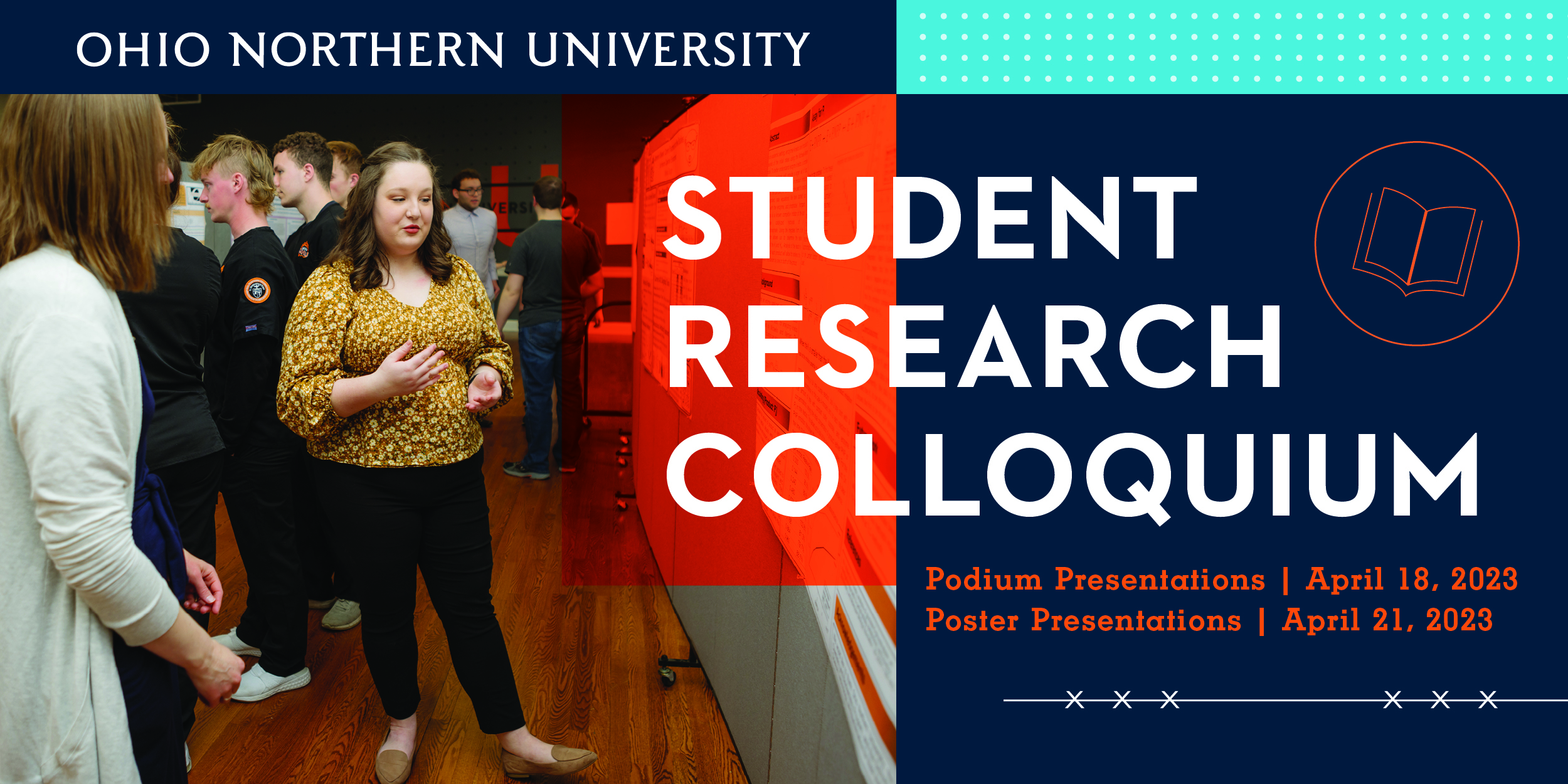Honors Capstone Project
1
Advisor(s)
Dr. Katherine Krynak
Dr. Forrest Clingerman
Confirmation
1
Document Type
Paper
Location
ONU McIntosh Center; Ballroom
Start Date
18-4-2023 2:15 PM
End Date
18-4-2023 5:00 PM
Abstract
For my senior capstone, I took part in a National Science Foundation Research Experience for Undergraduates (NSF REU) internship at Auburn University in an aquatic reproduction lab. During this internship I studied the cryopreservation of blue catfish sperm. As part of my research, I assisted with fertilizing channel catfish eggs with cryopreserved blue catfish sperm to develop hybrid catfish, commonly raised for food production. Cryopreservation is a method that can be used to preserve genetic information, such as cells and tissues, by freezing the biological materials to extremely cold temperatures. This technology allows for the development of gene banks and storage of genetic information. Ultimately cryopreservation can preserve genetic diversity, assist in reproducing endangered species, and help with food production. While cryopreservation can be beneficial tool for conservation there are concerns over the ethical implications of its use. For my honors capstone enhancement, I will analyze the ethics of using cryopreservation for conservation and aquaculture purposes. In this talk, I will explore views in support for and against cryopreservation as well as apply ethical theories to the issue, taking an interdisciplinary approach to evaluate cryopreservation for conservation and aquaculture.
Recommended Citation
Gill, Hannah, "Ethical Implications of Cryopreservation for Conservation and Food Production" (2023). ONU Student Research Colloquium. 16.
https://digitalcommons.onu.edu/student_research_colloquium/2023/papers/16
Level of Access
Restricted to ONU Community
Restricted
Available to ONU community via local IP address and ONU login.
Ethical Implications of Cryopreservation for Conservation and Food Production
ONU McIntosh Center; Ballroom
For my senior capstone, I took part in a National Science Foundation Research Experience for Undergraduates (NSF REU) internship at Auburn University in an aquatic reproduction lab. During this internship I studied the cryopreservation of blue catfish sperm. As part of my research, I assisted with fertilizing channel catfish eggs with cryopreserved blue catfish sperm to develop hybrid catfish, commonly raised for food production. Cryopreservation is a method that can be used to preserve genetic information, such as cells and tissues, by freezing the biological materials to extremely cold temperatures. This technology allows for the development of gene banks and storage of genetic information. Ultimately cryopreservation can preserve genetic diversity, assist in reproducing endangered species, and help with food production. While cryopreservation can be beneficial tool for conservation there are concerns over the ethical implications of its use. For my honors capstone enhancement, I will analyze the ethics of using cryopreservation for conservation and aquaculture purposes. In this talk, I will explore views in support for and against cryopreservation as well as apply ethical theories to the issue, taking an interdisciplinary approach to evaluate cryopreservation for conservation and aquaculture.

